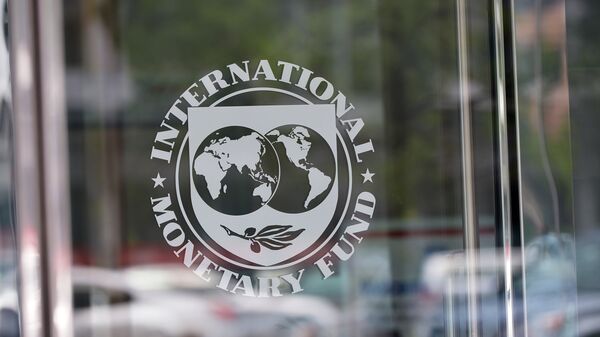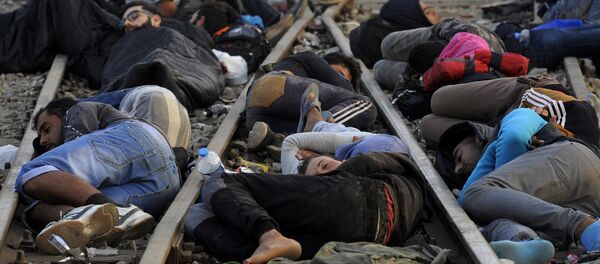ATHENS (Sputnik) — According to the source, the IMF representatives have earlier argued that if the tax-free income is significantly reduced and, at the same time, is allowed to all those with incomes is above 40,000 euros [$45,000], that means that the government helps the poor, and not the rich.
"Obviously, the traditional defender of the poor on the planet, IMF, does not negotiate with due seriousness."
Since last week, the Greek government representatives have been holding talks in Athens with the international lenders, including the IMF, the European Central Bank (ECB), European Commission and the European Stability Mechanism (ESM). The talks have progressed slowly, with the IMF demanding to reduce the level of non-taxable income, raise taxes and reduce pensions.
The so-called quartet of creditors previously held talks in Athens on February 1-5, with an initial 10-day pause extended by over a month.
Greece’s main lenders – the IMF, ECB and Eurozone nations – signed an agreement with Greece in the summer of 2015, approving a third bailout package of around $97 billion in exchange for unpopular austerity reforms.
Under two previous bailout programs, the last of which expired on June 30, 2015, Greece received about $270 billion from the IMF, the ECB and Eurozone countries. The aid also came in exchange for austerity reforms.
The Greek economy has been severely strained for several years, because of the country’s multibillion debt accumulated after the 2008 global economic crisis.



